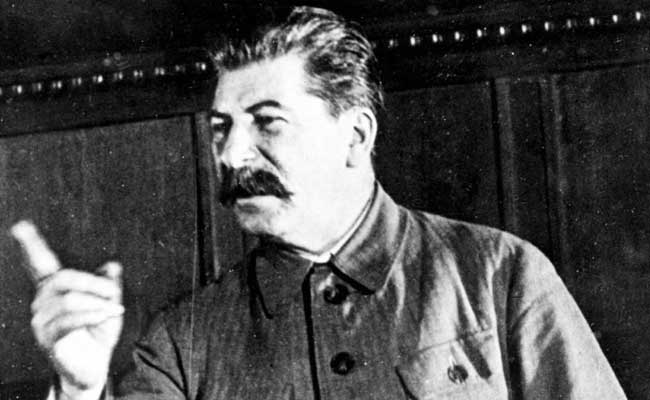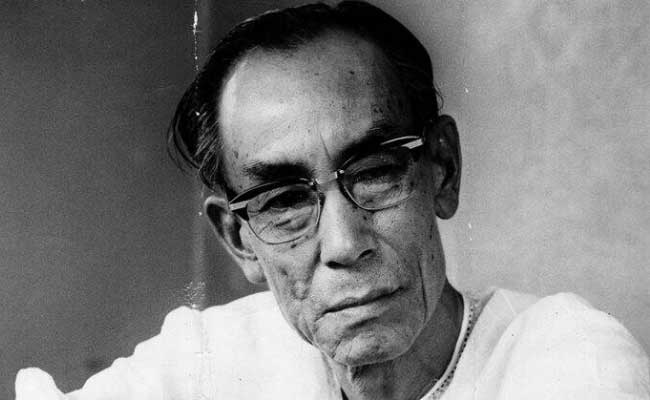Joseph Stalin: A Complex Legacy
Joseph Stalin was one of the most influential and controversial figures of the 20th century. Born in Georgia in 1878, Stalin rose through the ranks of the Soviet Communist Party to become its leader and ultimately the dictator of the Soviet Union from the mid-1920s until his death in 1953. Under Stalin’s rule, the Soviet Union underwent significant industrialization and modernization, but also suffered through a brutal regime that was responsible for the deaths of millions of people. In this article, we will explore the life, legacy, and impact of Joseph Stalin.
Early Life and Rise to Power
Joseph Stalin was born Iosif Vissarionovich Dzhugashvili on December 18, 1878, in the town of Gori, Georgia. He was the son of a cobbler and a housemaid, and grew up in poverty. After studying at a theological seminary in Tbilisi, he became involved in revolutionary politics and joined the Bolshevik faction of the Russian Social Democratic Labour Party in 1903.
Stalin quickly rose through the ranks of the party, and by 1922 he had become the General Secretary of the Communist Party of the Soviet Union. In this position, he had considerable power over the appointment and dismissal of party officials, which enabled him to consolidate his power within the party.
Stalin’s Rise to Dictatorship
In 1924, after the death of Vladimir Lenin, the founder of the Soviet Union, a power struggle erupted between Stalin and his rivals for leadership of the party. Stalin emerged as the winner of this struggle and became the undisputed leader of the Soviet Union by the mid-1920s.
Once in power, Stalin set about transforming the Soviet Union into a modern industrial state through a series of five-year plans. These plans involved the rapid industrialization of the country, including the development of heavy industry and the collectivization of agriculture. While the Soviet Union did make significant strides in modernizing its economy, this process was accompanied by widespread famine, purges, and political repression.
Stalin’s Legacy
Joseph Stalin’s legacy is complex and continues to be the subject of debate among historians and political scientists. On the one hand, he is remembered for his role in leading the Soviet Union to victory over Nazi Germany in World War II, and for the industrialization and modernization of the country. On the other hand, he is also remembered for his brutal regime, which was responsible for the deaths of millions of people.
One of the most controversial aspects of Stalin’s legacy is the extent of his responsibility for the deaths of millions of people. While some historians argue that he was directly responsible for the deaths of millions of people through his policies of collectivization, political purges, and forced labor, others argue that he was simply a product of his time and that these deaths were the result of broader systemic issues.
Another aspect of Stalin’s legacy is his impact on the Soviet Union and the world more broadly. Under his leadership, the Soviet Union emerged as a major world power, and played a leading role in the Cold War. However, his authoritarian regime also left a lasting legacy of political repression and human rights abuses that continues to shape the political landscape of the former Soviet Union today.
Conclusion
Joseph Stalin remains one of the most controversial figures of the 20th century, and his legacy continues to be the subject of debate among historians and political scientists. While his leadership did lead to significant modernization and industrialization of the Soviet Union, it also resulted in widespread famine, political repression, and the deaths of millions of people.
![]()





